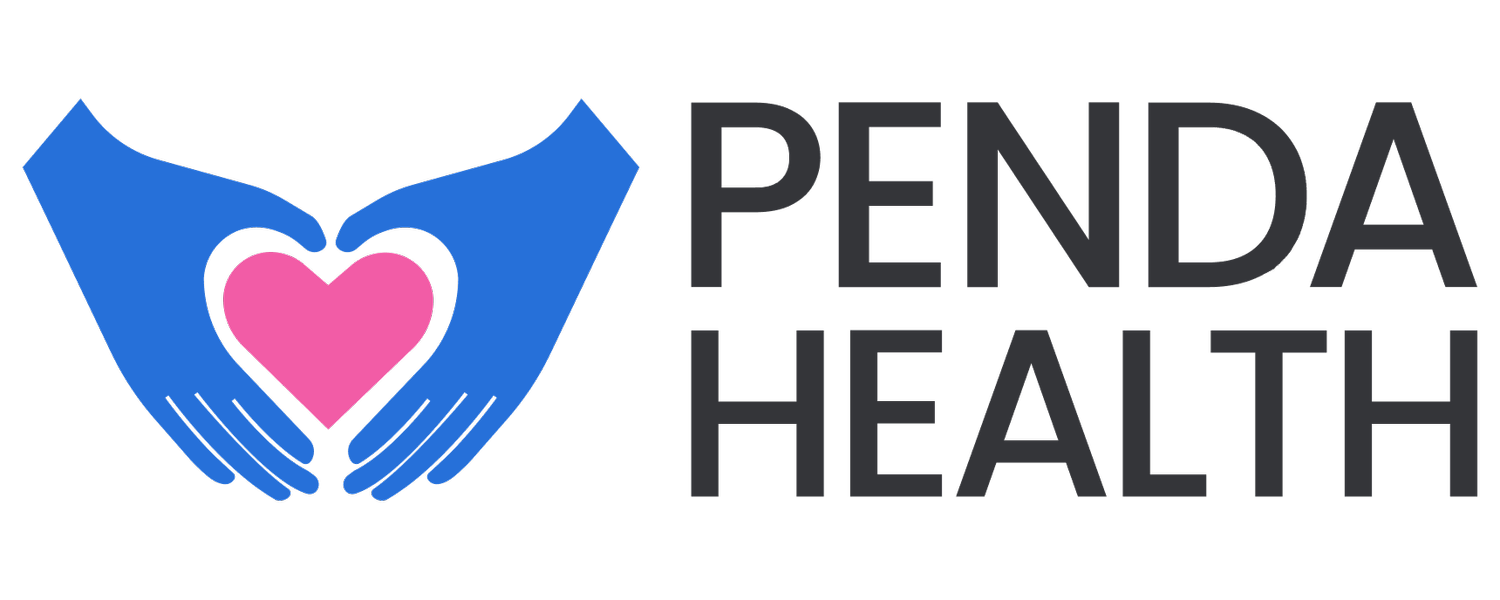Why wear a mask?
By Nicholas Chirande, Senior Provider, Penda Medical Centre Kayole
We are continually asked to wear a mask in public – in stores, markets, restaurants, and other public places. Why? Because wearing a face mask can protect both you and others from airborne diseases like the flu and Covid-19.
But how is this possible? How does a face mask work?
It's essential first to understand how the virus spreads from person to person – through small, nearly invisible droplets that contain virus particles. You can be infected with Covid-19 by being near an infected individual who is coughing, sneezing, or even just talking; or by touching a contaminated surface, then touching your eyes, nose, or mouth before washing your hands or applying an alcohol-based hand sanitizer. It is always important to remember that putting on a mask is not a complete guarantee that you will not contract the virus. Some viruses may still enter the lungs as tiny particles called aerosols, or could be transmitted through the eyes or other mucous membranes.
However, when you put on a face mask, you can prevent cough droplets from reaching others' noses and mouths around you. When you exhale, cough or sneeze, the droplets will settle on the inside of your mask instead of being transmitted near others.
Since you breathe with both your nose and mouth, it is crucial to wear the mask to cover both your nose and mouth. Commonly, we see people letting their masks dangle from one ear, rest under their nose, or stay under their chin. This makes the mask less effective.
What is the right kind of mask to wear?
For the average person, the Centers for Disease Control and Prevention recommends the use of masks that have two or more layers of washable, breathable fabric that completely cover your nose and mouth and fit snugly against the sides of your face without gaps. While masks are one of the most effective tools we have in slowing the spread of Covid-19, they don't offer complete protection – even if a mask contains most virus droplets, the wearer can still spread the virus in case of prolonged contact with another.
Below are some useful tips on efficiently using a mask as recommended by (WHO) World Health Organization.
Clean your hands with soap and water or an alcohol-based sanitizer before putting on a face mask.
Always cover your nose and mouth thoroughly with the mask.
Ensure no spaces between the sides of your face and the mask.
Wash your mask regularly and do not reuse disposable masks.
Avoid touching the mask over your face.
What else can you do to prevent Covid-19?
As much as face masks play a crucial role in keeping the public free from the virus, there is more that you can do:
Observe proper hygiene, and wash or sanitize your hands often, especially after touching possibly infected surfaces.
Continue eating a healthy, well-balanced diet. Eat plenty of fruits and vegetables which contain vitamins, minerals, and antioxidants. However, it is essential to note that a well-balanced diet is not an assurance for protection against Covid-19.
Follow social distancing guidelines – staying at least 1.5 meters away from others who are not in your immediate household.
If you do feel sick with fever, cough, shortness of breath, or fatigue, be very careful to not be around others without a mask, and seek medical attention.
For more guidelines and tips on how to keep safe from Covid-19 and other viruses, feel free to call us (Pigia Penda!) on 020 7909045.


